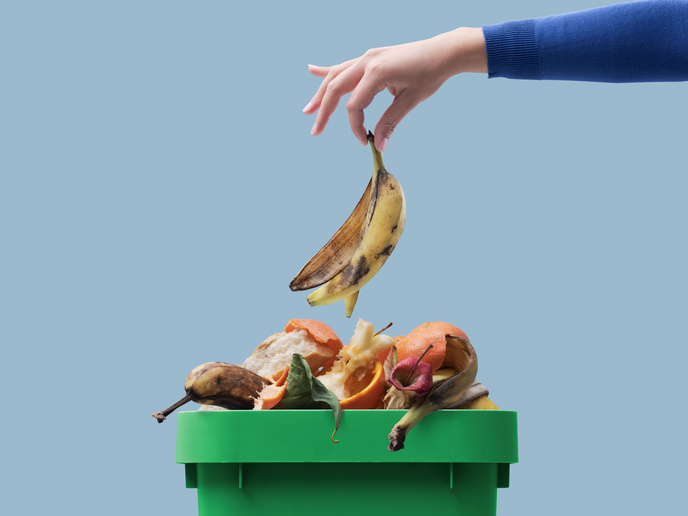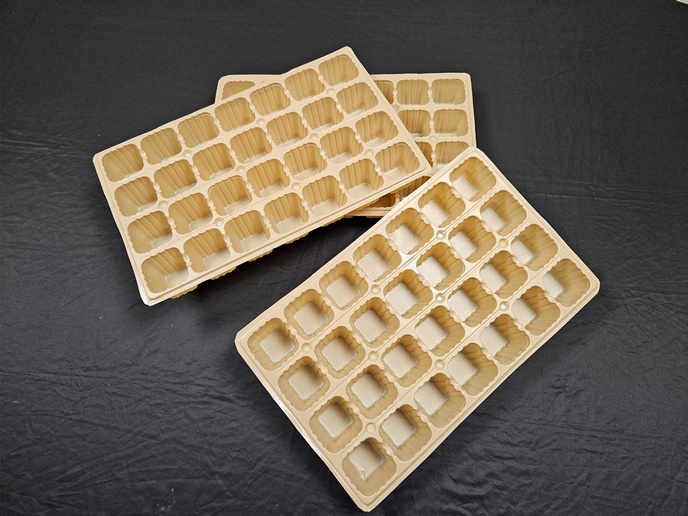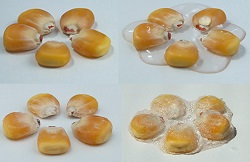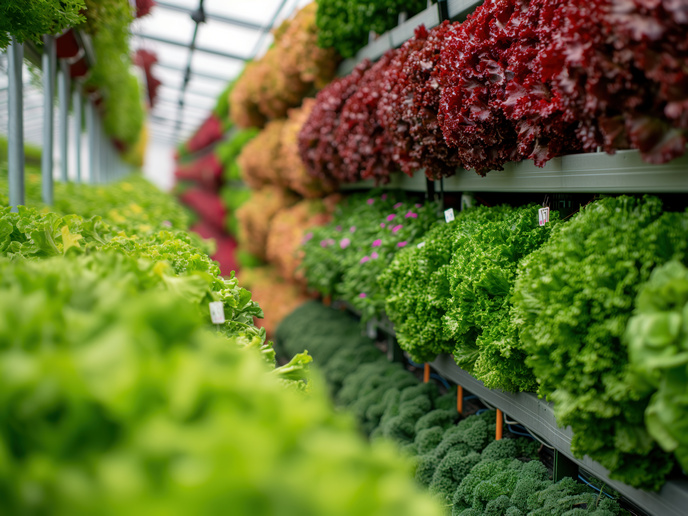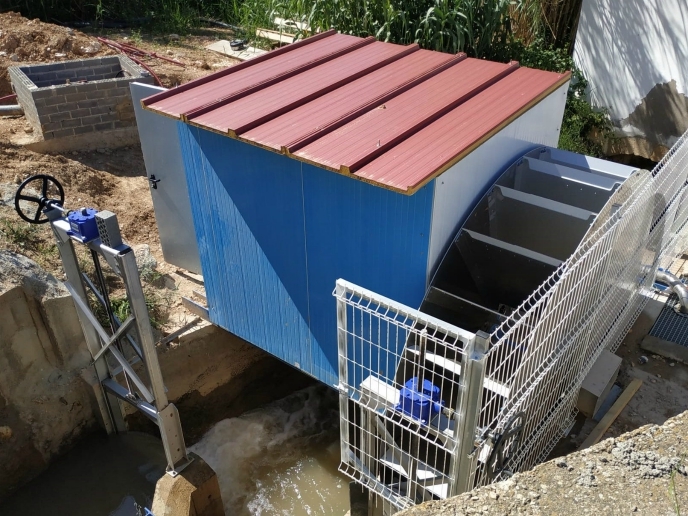Essential consumer goods from food waste: now a reality
Europe generates 88 million tonnes of food waste annually, costing an estimated EUR 143 billion. A significant portion comes from agriculture, food processing and retail, highlighting a missed opportunity for sustainable resource use. The EU-funded WASTE2FUNC project(opens in new window) developed an efficient biorefinery model to convert food and agricultural waste into high-value functional molecules – lactic acid and biosurfactants – for use in home and personal care products. By replacing fossil-based alternatives, the project contributes to CO2 reduction and waste valorisation.
Smart waste collection for efficient processing
To handle inconsistent food waste streams, the project collaborated with Ecoson Recycling, since they were also the main provider of food waste streams as food waste collector. Ecoson Recycling has developed a web-based portal and mobile app for waste registration and collection in Flanders. “Ecoson Recycling has created an efficient registration and collection system to collect and source organic waste, facilitating both the routing and administrative process,” explains Sofie Lodens, WASTE2FUNC project coordinator. The digital platform, available in four languages, allows waste providers to register, schedule pickups and track collections, ensuring a seamless waste-to-resource pipeline. Initially, a matchmaking model between providers and collectors was considered, but feedback led to a centralised collection system for greater efficiency.
Sustainable alternatives to petrochemical ingredients
The technology to produce food waste-derived lactic acid and biosurfactants was established by start-up companies TripleW and AmphiStar respectively. WASTE2FUNC confirmed that food waste-derived lactic acid and biosurfactants function identically to first-generation bio-based counterparts. “It was confirmed by all end users that the food waste-based lactic acid and biosurfactants have the same functionality and are hence 1-on-1 replaceable in their prototype formulations,” says Lodens. Beyond performance, the lifecycle assessment (LCA) revealed a minimum 20 % CO2 reduction, surpassing expectations and reinforcing the case for waste-derived biochemicals.
Overcoming barriers to large-scale adoption
Scaling up food waste-to-chemicals technology presented technical and economic hurdles, however thanks to scale-up facility and coordinator Bio Base Europe Pilot Plant, the main technological hurdles were tackled. The greatest challenge was preserving essential nutrients in food waste to maintain fermentation efficiency. This was tackled by optimising waste handling before processing. Economically, establishing a viable business model for the primary sector proved difficult. “One of the project conclusions was that at this point, there is no viable business model for the primary sector, and the technology owners are rather looking into food waste from food processing companies for the future,” explains Lodens. Regulatory barriers also remain a key challenge. At the WASTE2FUNC Final Event, project partners and industry leaders highlighted three priorities: a clearer LCA framework for fair comparisons, the alignment of regulatory frameworks to support sustainable chemical claims and an update of REACH legislation to better integrate bio-based formulations.
Demonstration plants prove commercial potential
Two demonstration plants in Ghent and Antwerp, Belgium, established by Bio Base Europe Pilot Plant and TripleW respectively, have successfully produced tonnes of lactic acid and biosurfactants. These molecules were integrated into Ecover’s ‘Too Good to Waste’(opens in new window) product line, proving their real-world applicability. WASTE2FUNC has also secured substantial private and public investment, accelerating technology scale-up at companies such as TripleW and AmphiStar.
Scaling up for Europe’s bioeconomy
The next step is expanding production capacity. “TripleW will build its commercial Flagship plant in the framework of the CIRCLE Flagship project, which kicked off in Q4 2024, and its team will also grow. AmphiStar will build its DEMO plant partly via the CBE-JU project SURFs UP, operational by Q4 2027-Q1 2028,” explains Lodens. Both companies aim to replicate these facilities across Europe, reinforcing the role of bio-based chemicals in a circular economy and driving the creation of new high-tech jobs. By transforming food waste into sustainable biochemicals, WASTE2FUNC is setting the foundation for a cleaner, more resource-efficient Europe.



